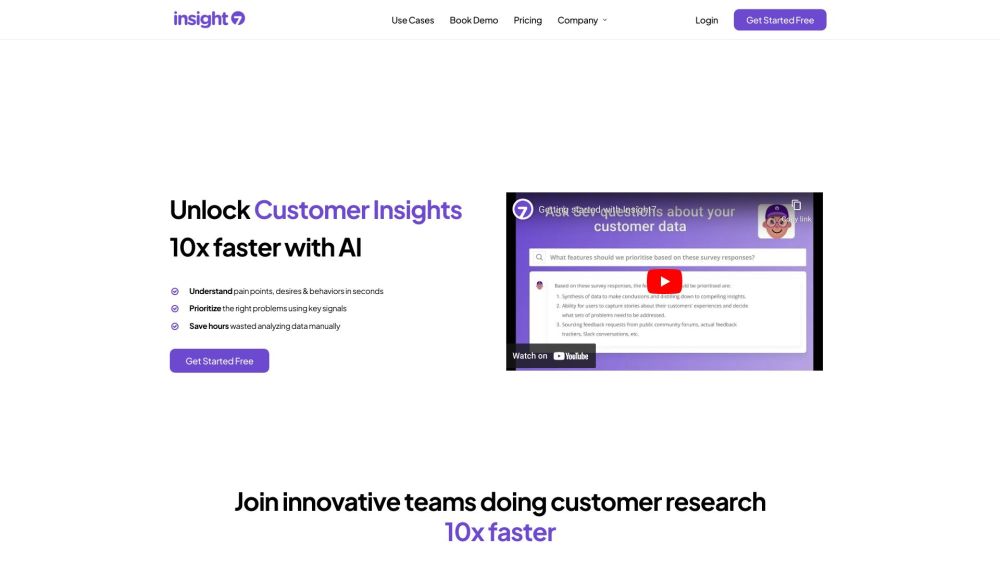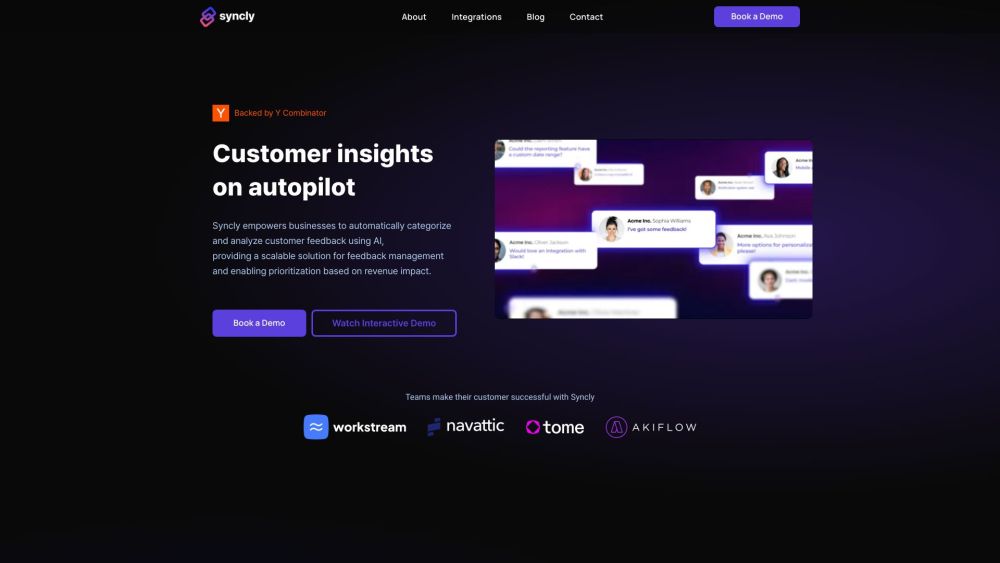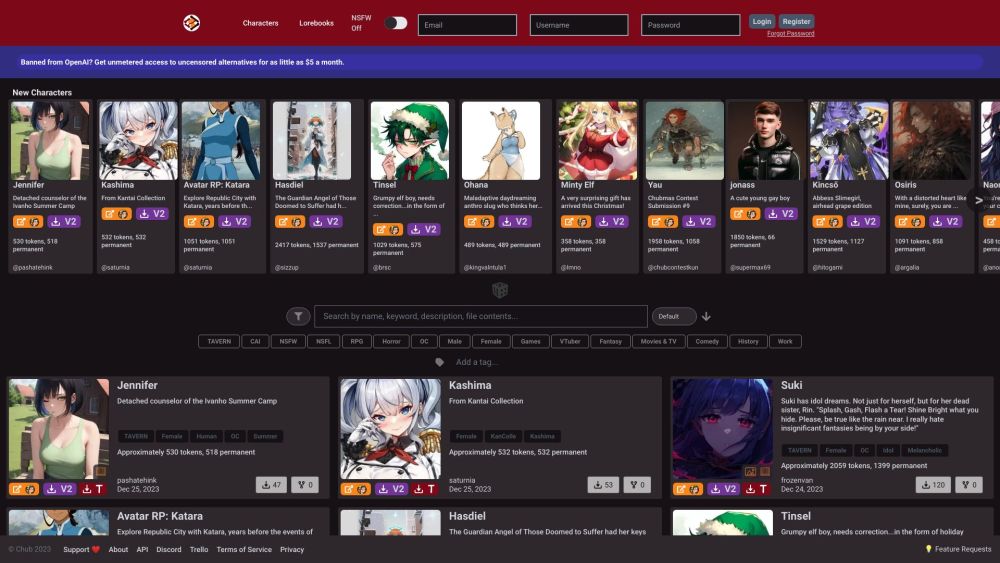In the race to harness AI for a competitive advantage, enterprises are investing heavily—sometimes billions—into high-performance models to develop applications that enhance efficiency across various functions. However, many teams are realizing that these investments are falling short, as the applications often fail to deliver expected results or return on investment (ROI).
The primary issue lies in data management. Companies struggle to organize and unify their proprietary information effectively. This is where CData steps in, offering solutions to the integration dilemma through comprehensive data access and connectivity tools. Recently, CData secured $350 million in growth funding from Warburg Pincus and Accel to accelerate its mission of enabling engineers and business users to access and integrate data from any source or system.
“Data access is fundamental to any AI, ML, or advanced analytics strategy. Yet, it remains a significant barrier to innovation for many organizations,” said Amit Sharma, CData co-founder and CEO. “Partnering with Warburg Pincus and Accel, both of whom have extensive experience with similar companies, will allow us to thrive and better support our customers’ modern data initiatives.”
Before this round, CData had raised $160 million across multiple funding rounds from Updata Partners.
CData's Offerings
Today's enterprise technology landscape consists of a complex web of systems and applications, including CRMs and various SaaS tools. Some organizations manage over 100 applications, leading to an explosion of data. Unfortunately, much of this data remains isolated within silos, complicating its utility for AI and analytics projects.
Founded in 2014 as a spin-off from /n Software, CData provides a connectivity platform with purpose-built connectors that facilitate both data replication and live data access.
“Customers can utilize a unified approach to connectivity that supports both integration patterns—whether moving data to a data warehouse or querying live data directly,” Sharma explained.
With the replication method, CData's connectors synchronize data from diverse databases, applications, APIs, and enterprise management platforms, transforming siloed information into resources for AI and business intelligence (BI) systems. In parallel, the live connectivity capability allows system-to-system access, enabling agile data analysis and reporting.
Over the past decade, CData has developed a library of over 300 standards-based data connectors, currently utilized by data and IT leaders in over 7,000 organizations globally, including FedEx, Tesco Bank, and Holiday Inn. Additionally, many data management providers and independent software vendors have integrated CData connectors to enhance their platforms.
“Prominent OEM customers like Google, Salesforce, and Informatica rely on CData to fulfill expanded connectivity needs without diverting their own development resources. By embedding our connectivity solutions, they can achieve immediate ROI, accelerate time-to-market, and improve customer experience,” Sharma added.
Meeting Growing AI Demands
CData has positioned itself as a leader in the data integration sector, experiencing over 40% year-over-year growth. However, the company acknowledges the ongoing challenges posed by the increasing demand for sophisticated integration tools amid a surge in AI workloads.
“We are witnessing significant market demand propelled by AI investments. Organizations require robust data access to support their AI models, especially within our OEM business,” Sharma noted. “Modern software platforms must have strong AI strategies, which necessitates the effective integration and management of extensive data sets.”
With backing from Warburg Pincus and Accel, valuing CData at $800 million, the company plans to enhance its operational, marketing, and product development efforts. This initiative aims to broaden the reach of existing and new connectors, streamlining data integration for modern AI projects.
“As the AI landscape evolves, we are committed to providing top-notch connectivity for the systems and applications our customers depend on for their data needs. We also continually explore AI advancements to enhance our products and deliver greater value,” Sharma stated, projecting nearly $100 million in annual recurring revenue for the year.
According to Precedence Research, the global data integration market was valued at $13.6 billion in 2023 and is projected to grow at a compound annual growth rate of 12.32%, reaching $43.38 billion by 2033, largely driven by increasing data volume and diversity. Other notable competitors include HighTouch, Syncari, and Matillion.




